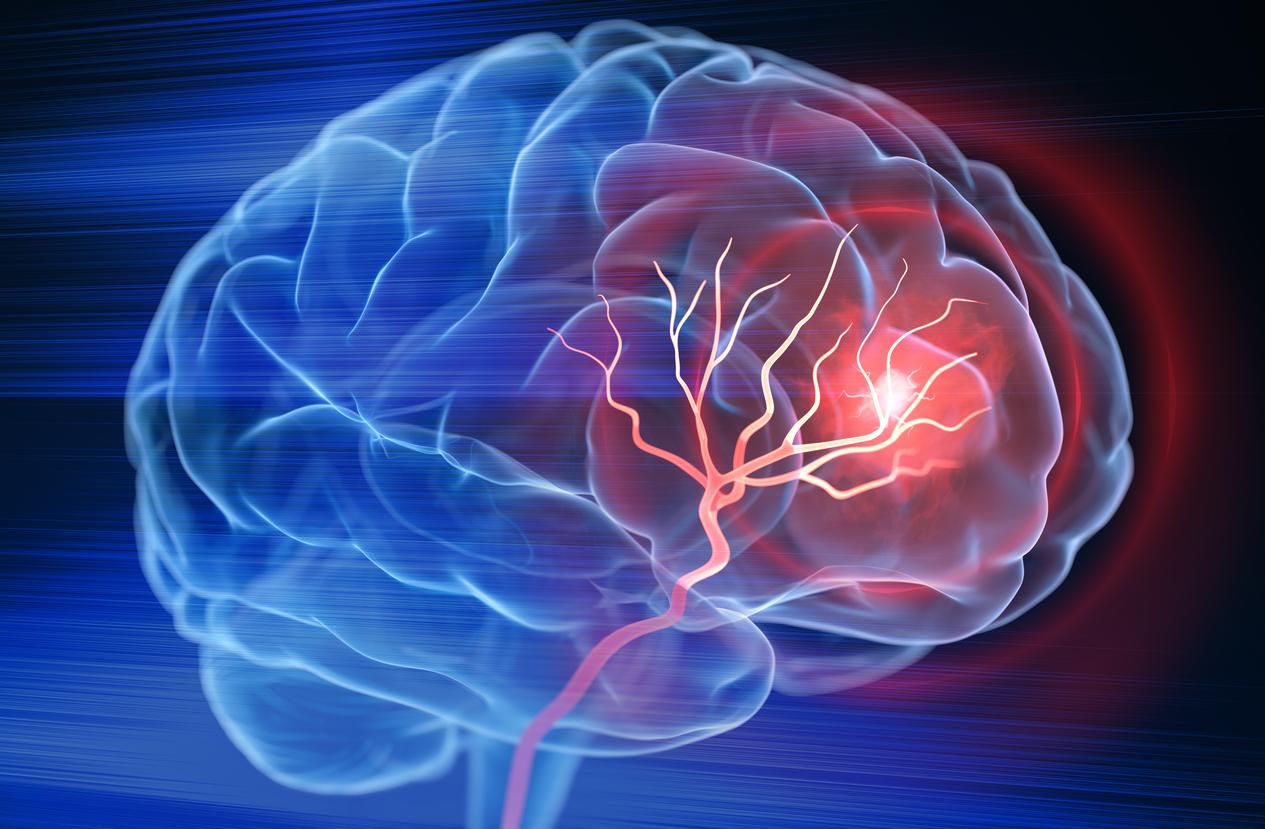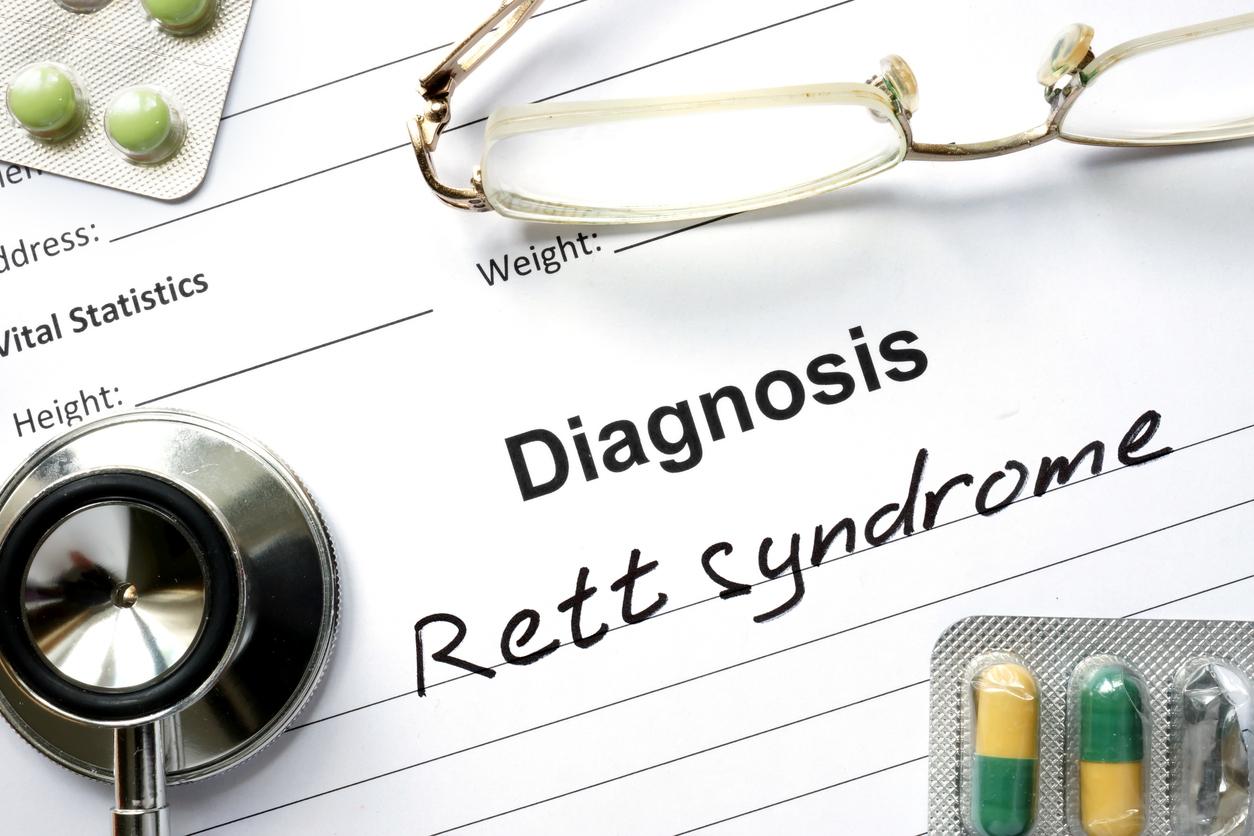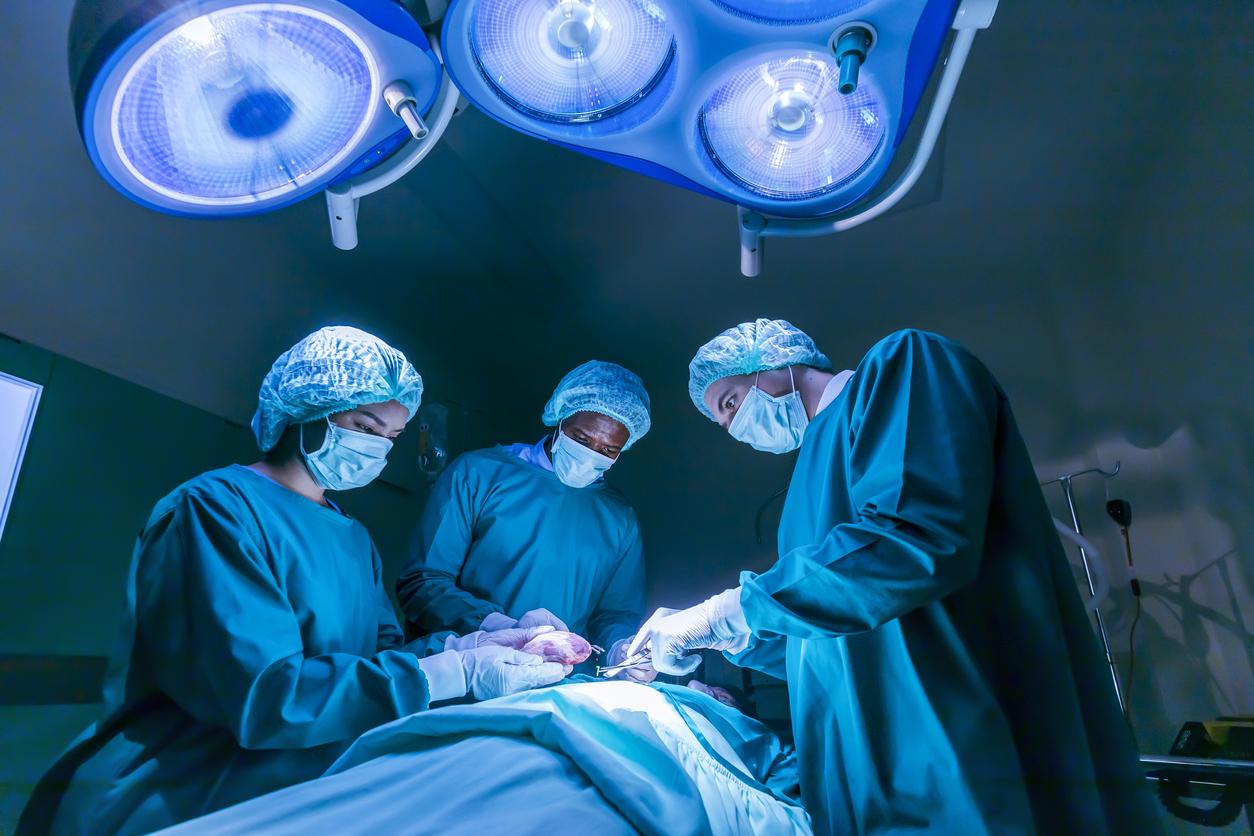In June 2015, the Agency had already tightened the prescription conditions for this family of drugs and announced that “given these risks, the prescription and delivery of these drugs for girls, adolescents, women of childbearing age and pregnant women had been restricted in France ”. Since June, the initial prescription of this antiepileptic has therefore been reserved for specialists in neurology, psychiatry or pediatrics, while requiring the collection of a care agreement after complete information to the patient.
Following this announcement, in July 2015, the Minister of Social Affairs and Health, Marisol Touraine had asked the General Inspectorate of Social Affairs (Igas) to open an investigation concerning this epileptic, “in order to analyze the decision-making mechanisms taking into account the evolution of scientific knowledge, the elements resulting from pharmacovigilance, the decisions taken in other countries, in particular in Europe, and the conditions of use of this drug “.
Official figures
According to the guide for prescribing physicians published by the ASNM, antiepileptics based on valproate (Dépakine®, Dépakote®, Dépamide®, Micropakine® and generics) would have caused 377 malformations in France between 1986 and 2015 as well as 54 miscarriages, abortions or deaths of young babies, according to figures from the ANSM. The risk of a congenital malformation of the fetus in a woman taking valproate is on average 10.73% compared to 2 to 3% for the general population. Up to 30 to 40% of children exposed in utero to these products have developmental delays in early childhood. They are about three times more likely to suffer from autism-like disorders, according to this publication.
Read also:
Valproate at the heart of a new health scandal?
Congenital malformations: the ANSM tightens the prescription of drugs based on valproate
During pregnancy, anti-inflammatory drugs are limited

















